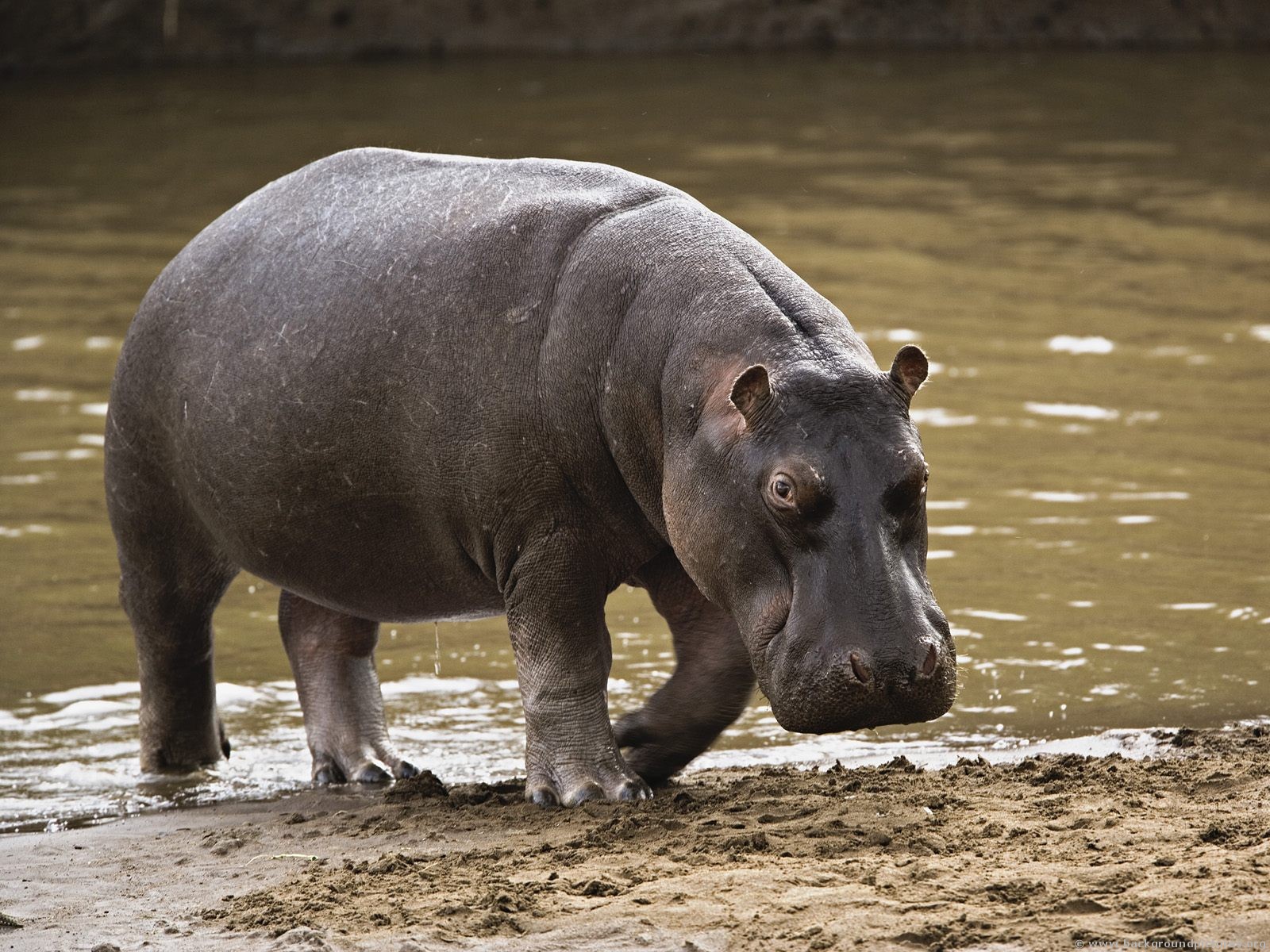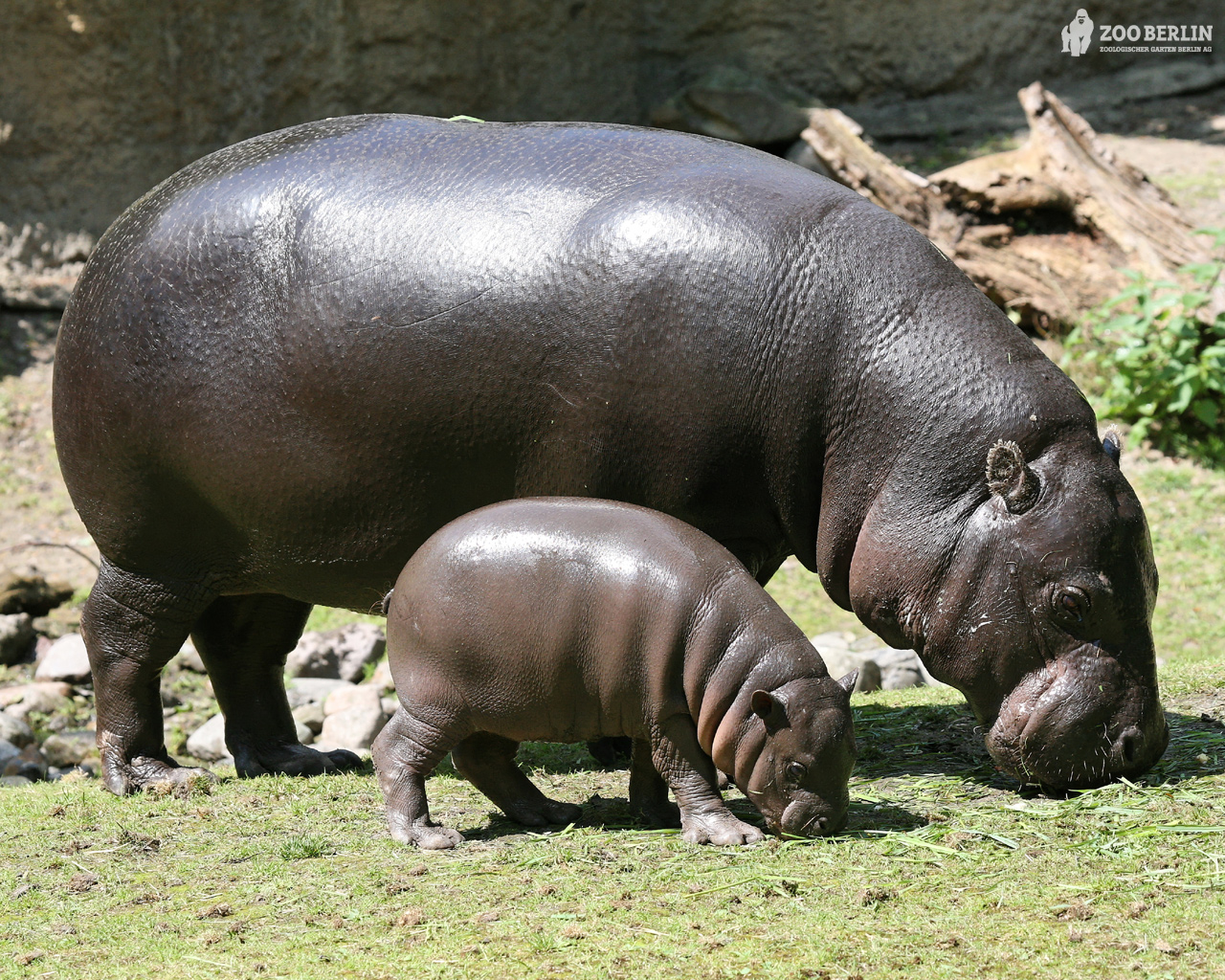The hippopotamus, often referred to as the "hippo," is one of the most intriguing and iconic animals found in the wild. Known for their massive size and semi-aquatic lifestyle, hippos are truly remarkable creatures that have captivated the hearts of many wildlife enthusiasts. In this article, we will explore everything you need to know about the hippopotamus, including their physical characteristics, habitat, behavior, and much more. Get ready to dive into the world of hippos!
The keyword "picture of hippopotamus" serves as a gateway to understanding the beauty and complexity of these large mammals. With their unique appearance, hippos are a popular subject for photography and wildlife documentaries. This article will not only provide stunning visuals but also delve into the biology and conservation status of these magnificent animals.
Whether you're a student of zoology, a wildlife photographer, or simply someone interested in learning more about hippos, this guide will offer valuable insights. From their diet to their social structure, we will cover all aspects of the hippopotamus, ensuring that you leave with a comprehensive understanding of this incredible species.
Table of Contents
- 1. Biography of the Hippopotamus
- 2. Physical Characteristics
- 3. Habitat and Distribution
- 4. Diet and Feeding Habits
- 5. Behavior and Social Structure
- 6. Conservation Status
- 7. Fun Facts About Hippopotamus
- 8. Conclusion
1. Biography of the Hippopotamus
The hippopotamus, scientifically known as Hippopotamus amphibius, is a large, mostly herbivorous mammal native to sub-Saharan Africa. They are known for their large mouths, which can open up to 150 degrees, and their thick, mostly hairless skin that is sensitive to sunlight. Hippos are highly social animals that typically live in groups called pods, which can consist of 10 to 30 individuals.
Personal Data and Biodata
| Scientific Name | Hippopotamus amphibius |
|---|---|
| Family | Hippopotamidae |
| Habitat | Rivers, lakes, and wetlands |
| Diet | Herbivorous |
| Average Weight | 1,500 - 1,800 kg |
| Average Lifespan | 40 - 50 years |
2. Physical Characteristics
Hippos are one of the largest land mammals, second only to elephants. Their unique physical features include:
- Massive Size: Adult hippos can weigh between 1,500 and 1,800 kilograms (3,300 to 4,000 pounds).
- Thick Skin: Their skin can be up to 6 centimeters thick and is prone to sunburn, which is why they spend so much time in the water.
- Large Mouth: Hippos possess a large mouth with tusk-like teeth that can grow up to 50 centimeters (20 inches) long.
- Coloration: They typically have a grayish-brown color, which helps them blend into their muddy habitats.
3. Habitat and Distribution
Hippos are primarily found in sub-Saharan Africa, inhabiting rivers, lakes, and swamps. Their semi-aquatic nature makes them well-adapted to these environments. Key points about their habitat include:
- Hippos are most commonly found in slow-moving rivers and lakes where they have access to deep water.
- They require water to keep their skin moist and to regulate body temperature.
- Hippos can often be seen basking in the sun on riverbanks or submerged in water to stay cool.
4. Diet and Feeding Habits
As herbivores, hippos primarily feed on grasses and other vegetation. Their feeding habits are characterized by:
- Nocturnal Feeding: Hippos usually graze at night, consuming up to 40 kilograms (88 pounds) of grass in a single night.
- Grazing Technique: They use their large mouths to uproot grass, which they can consume quickly.
- Water Dependency: Hippos need to access water sources regularly for hydration and skin health.
5. Behavior and Social Structure
Hippos are highly social animals, living in groups known as pods. Their social behavior includes:
- Social Hierarchy: Within a pod, there is usually a dominant male who leads the group.
- Communication: Hippos communicate through a variety of sounds, including grunts, wheezes, and even vocalizations underwater.
- Territorial Behavior: Males can be highly territorial, especially when it comes to protecting their pod and territory from other males.
6. Conservation Status
The hippopotamus is currently listed as vulnerable by the International Union for Conservation of Nature (IUCN). Key threats to their population include:
- Habitat Loss: Urbanization and agriculture have led to the destruction of their natural habitats.
- Poaching: Hippos are often hunted for their meat and ivory tusks.
- Climate Change: Changes in climate can affect water availability, which is crucial for their survival.
7. Fun Facts About Hippopotamus
Here are some interesting tidbits about hippos that you might not know:
- Hippos can hold their breath underwater for up to five minutes.
- Despite their bulky size, hippos can run up to 30 kilometers per hour (19 miles per hour) on land.
- Hippos have a unique method of swimming; they push off the riverbed with their feet and glide through the water.
- They secrete a natural sunscreen that is red in color, often referred to as "blood sweat."
8. Conclusion
In conclusion, the hippopotamus is a remarkable animal with unique characteristics and behaviors that make them a vital part of their ecosystem. Understanding their biology, habitat, and the threats they face is essential for their conservation. We encourage you to explore more about these fascinating creatures, share your thoughts in the comments below, and consider sharing this article with fellow wildlife enthusiasts.
Thank you for reading! We hope you found this guide to the picture of hippopotamus informative and engaging. Don't hesitate to return for more insightful articles about wildlife and nature.
You Might Also Like
Michael Jordan Has Reportedly Bought A New Home In FloridaHas The Government Ever Killed Whistleblowers? A Deep Dive Into A Dark Subject
Fake Makeup Dance Move: The Ultimate Guide To Mastering The Trend
Indian Wells Open News: The Ultimate Guide To The Prestigious Tennis Tournament
Happy Birthday To My Husband: A Celebration Of Love
Article Recommendations
- San Paku Eyes
- 80s Donald Trump
- Leaked Camilla
- Nicole Kayla
- Ava Baldwin Diddy
- Is Shonda Rhimes Married
- Colin Farrell Wife 2024
- Young Jk Simmons
- Thomas Beaudoin Accident
- 5movierulz Kannada 2023


